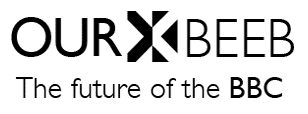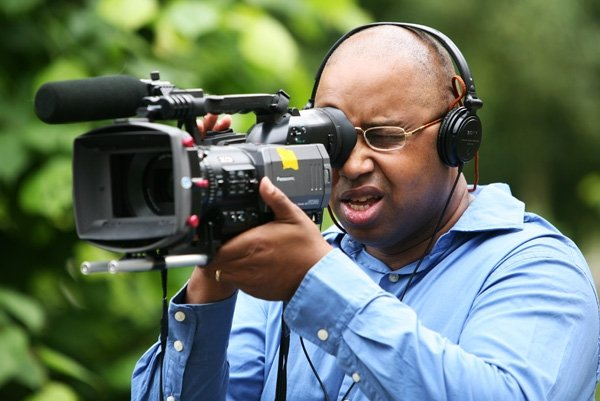Be bold, not old
by Bob Clarke
The BBC should lead the way in showing that broadcast television can be relevant to a younger age group. 16 to 25 year-olds who are constantly being given the message that mainstream television is not for them. Even BBC3 is being pushed onto the Internet. This is why, in my experience, young people are switching off from BBC 1 and BBC 2. They feel there are no programmes that they can relate to. They also see other members of mainstream society, from what they see as specialist and niche groups, catered for with gardening and cooking shows as well as the odd series about railways or choirs.
What young people are being told is in an indirect way is “you are not part of mainstream society”. This means that we are killing off the television audience of the future as the box in the corner is becoming more and more alien to them. I know that young people are doing amazing things on the Internet and the creativity can be astounding but I feel the BBC should tap into that talent which could make broadcast television on a mainstream channel relevant to that young age group again. By doing this, the BBC can lead the way for other broadcasters which in turn will rub off on the indie sector. I have found that the magazine show I executive produce for Sky 1 has engaged not only the target audience of 16 to 25 year olds, but it also attracts a large audience among the 45+ age group. This is because young people are part of mainstream society and should be represented on mainstream television, and the older audience recognise this and are not turned off by such programming.
If we, as a small production company, have found a way to link the Internet to broadcasting, imagine what the BBC could do in supporting young producers and production companies in a proper strategic plan. Be BOLD, not OLD.
Bob Clarke (@MAMAYouth) is Founder and CEO of Mama Youth TV training project
Why vote? We will feed in readers' favourite ideas to the government's consultation on the future of the BBC, and profile them heavily in the media. We believe the debate over the BBC's future is too narrow and focused on cuts - it's missing strong, positive ideas about what public broadcasting can and should be. By voting, you can have your say on what those ideas should be - and if you've got your own, share them with us→




